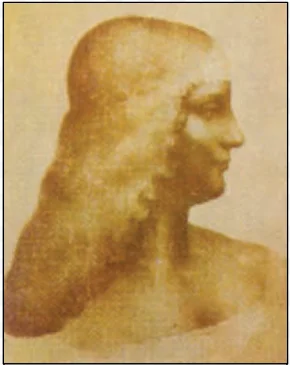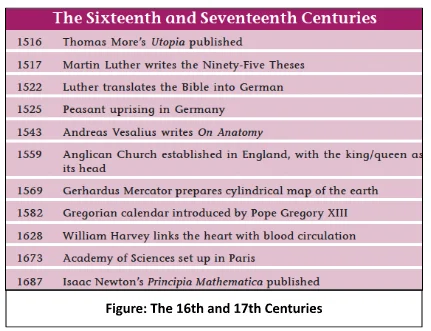![]() 15 Jul 2024
15 Jul 2024
The Renaissance was a transformative era in European history that redefined the concept of humanity through advancements in art, science, and religion. This period saw the rise of humanism, a shift from feudal social orders, and the emergence of individuality alongside significant religious and intellectual debates.
Humanist culture brought about a relaxation of religious control over human life.
Niccolo Machiavelli: The Prince
Machiavelli believed that ‘all men are bad and ever ready to display their vicious nature partly because of the fact that human desires are insatiable’. The most powerful motive Machiavelli saw as the incentive for every human action is self-interest. |
Humanism’s Gender Gap: During the period of humanism, the emerging ideal of individuality and citizenship did not extend to women.

Connecting Worlds: During the 15th and early 16th centuries, Italian towns and courts became connected with the world through trade, travel, military conquests, and diplomatic interactions.
| William Tyndale (1494-1536)
William Tyndale (1494-1536), an English Lutheran who translated the Bible into English in 1506, defended Protestantism thus: ‘In this they be all agreed, to drive you from the knowledge of the scripture, and that ye shall not have the text thereof in the mother-tongue, and to keep the world still in darkness, to the intent they might sit in the consciences of the people, through vain superstition and false doctrine, to satisfy their proud ambition, and insatiable covetousness, and to exalt their own honour above king and emperor, yea, and above God himself… Which thing only moved me to translate the New Testament. Because I had perceived by experience, how it was impossible to establish the lay-people in any truth, except the scripture were plainly laid before their eyes in their mother-tongue, that they might see the process, order, and meaning of the text. ‘ |

Challenging the Geocentric Worldview: The traditional Christian belief that the Earth was a sinful and immobile place at the center of the universe was challenged by a new perspective brought about by scientists like Copernicus, who lived during the same period as Martin Luther.

Galileo and the Scientific Revolution: The work of early scientists like Galileo demonstrated that knowledge was based on observation and experimentation, rather than solely on religious belief.
Rethinking the Renaissance: The concept of the “Renaissance” as a sharp break with the past and the rebirth of ideas from Greek and Roman traditions has been reconsidered by recent scholars.
| Must Read | |
| Current Affairs | Editorial Analysis |
| Upsc Notes | Upsc Blogs |
| NCERT Notes | Free Main Answer Writing |
The Renaissance was a dynamic period of intellectual rebirth that challenged traditional views and fostered new ways of understanding the world. From Machiavelli’s political theories to Copernicus’s astronomical discoveries, this era laid the groundwork for modern science, religion, and individual rights.
| Related Articles | |
| Our Solar System: Planets, Moons and Celestial Marvels | CITIZENSHIP |
| ETHICS AND HUMAN INTERFACE | Changing Cultural Traditions in Renaissance Europe |
<div class="new-fform">
</div>